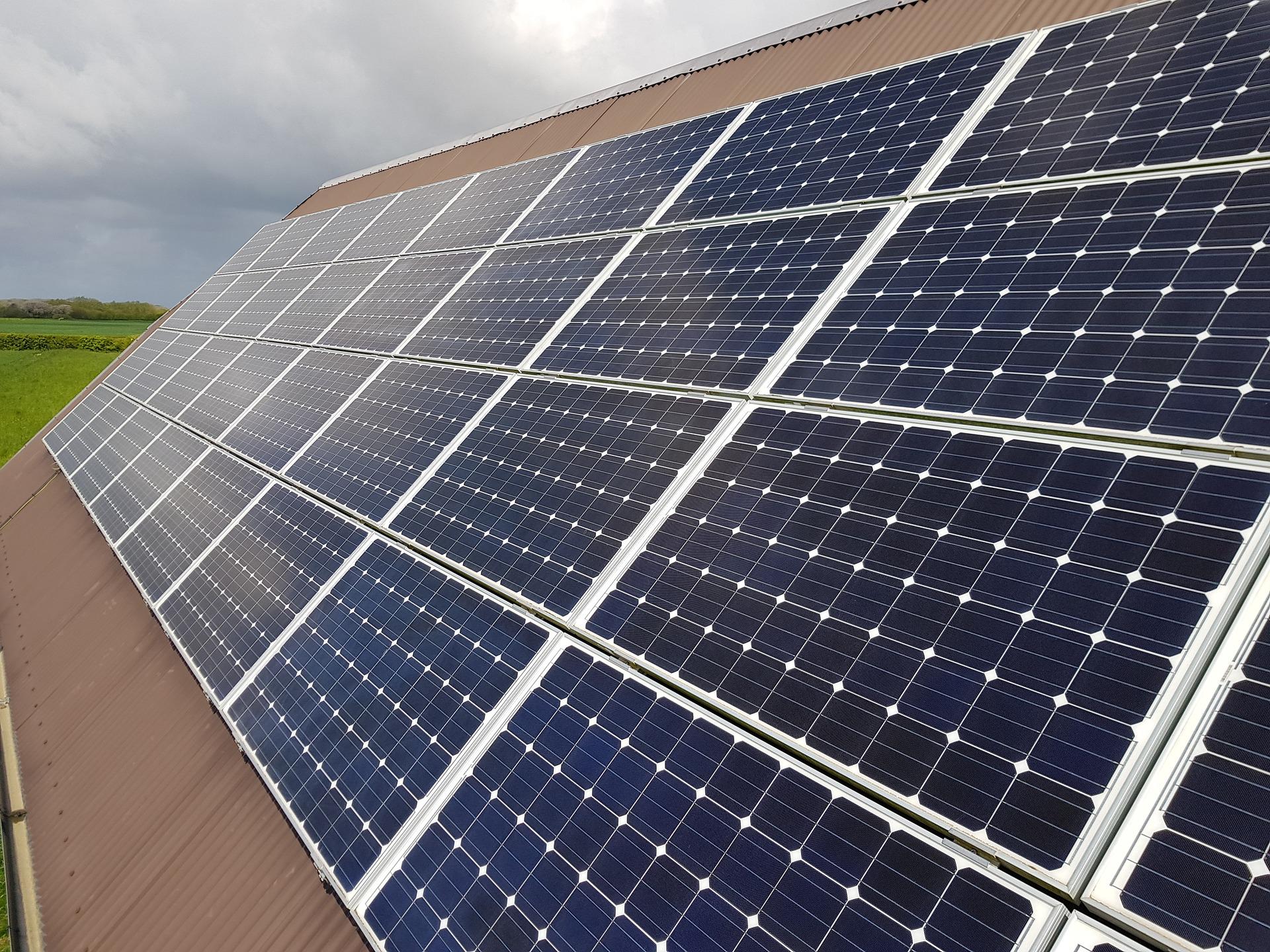- SSB-2, Pocket-C, Sector-14, Hisar (125001) Haryana
- [email protected]
Office Address
48, Geeta Colony, Nearby MG Resorts, Delhi-Sirsa (Hisar) Highway, Hisar, 125001
Phone Number
+91 96676 15300
+91 87080 15300
48, Geeta Colony, Nearby MG Resorts, Delhi-Sirsa (Hisar) Highway, Hisar, 125001
+91 96676 15300
+91 87080 15300

A commercial solar system is a great option for businesses looking to save on their energy bills, access new revenue streams, and expand their customer base with eco-friendly branding and marketing. When you’re making such a big investment into your business, you want to be sure it will pay off the way you plan. That’s why it’s so important to choose the right solar panels and system for the energy needs of your commercial building—but how do you know what’s right for your business? Here are a few things to consider when choosing your commercial solar system.
Types of Solar Panels
There are four different types of solar panels. Each type of panel has different advantages and disadvantages.
Monocrystalline
Monocrystalline panels are the longest-lasting and most space-efficient type of solar panels, but the process to produce them is wasteful and expensive, making these panels particularly pricy.
Polycrystalline
Polycrystalline panels are much more affordable than monocrystalline panels because the process to produce them requires little to no waste of materials. However, they’re also less efficient, particularly in very high-temperature environments.
PERC
PERC panels are a relatively new variety of solar panels that operated like an updated monocrystalline panel. They’re more expensive on the front end than either monocrystalline or polycrystalline panels, but their considerably improved efficiency makes them more affordable in the long-term.
Thin Film
The fourth type of panel is thin film solar panels, but these small, flexible panels are not suitable for commercial use and are commonly found on the roofs of tiny homes. You’re most likely to install monocrystalline, polycrystalline, or PERC panels to power your business. Assess your budget, energy usage, and local climate conditions to determine which type of solar panels make the most sense for your commercial solar system.
Battery Needs
One of the major cons of solar panels is that they can only produce energy when the sun is out. When that happens, in order to power your building, you’ll need to use standard electricity from the local power company. Incorporating a solar battery into your commercial solar system can help with this. Solar batteries store the excess solar energy your panels produce during those peak sunlight hours for later use so that you can be fully reliant on solar.
However, solar batteries are costly, which is why only about a quarter of all solar energy systems are outfitted with batteries. If you have the money for a battery and you want to rely exclusively on solar energy to power your enterprise, then it’s a great option to include in your system.
Energy Requirements
Solar-powered businesses have different energy needs than solar-powered residences, so naturally there are some differences between the systems that are typically used for each. Commercial solar panels are slightly more efficient than residential solar panels, by about 2% on average. Commercial systems are also typically quite a bit larger than their residential counterparts and therefore produce more energy.
The size of your building, the types of appliances you power, and the volume of energy you use will all influence the type of system you install. Perhaps a residential system will make more sense for your needs. It’s important to consult with your solar installer to assess your daily kWh energy requirements and how well your peak sun hours will be able to meet those requirements.
SunDayLight Energy Pvt Ltd
#HisarSolarWale team with #SunDayLightEnergy is an established commercial solar panel installer operating in Hisar District of Haryana State, India. We offer energy audits, free quotes, and flexible commercial solar system pricing options. We’d love to offer our expert opinion on what solar system is right for your business. Contact us to get started.